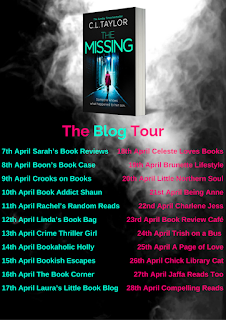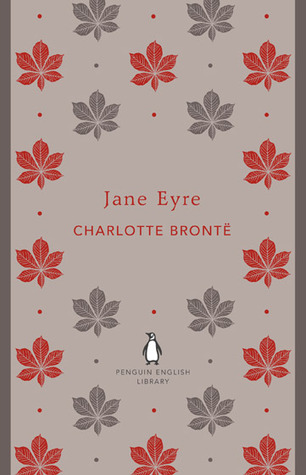Charlotte Brontë was born on April 21st 1816 in Thornton, a suburb of Bradford. In 1820, she and her family moved to the small town of Haworth which snuggled into a corner of the wild Yorkshire Dales.
 |
©Digital Images
|
In 1820, Charlotte's father Patrick took over as minister at the
church of St Michael’s and All Angels and the Brontë family moved into the
adjacent parsonage.
 |
©Digital Images
|
Sadly, Maria, Charlotte’s mother,
died in 1821, leaving husband Patrick, and her Maria’s sister Elizabeth
Branwell, to look after the children,Maria, Elizabeth, Charlotte, Emily, Anne and
Branwell.
In August 1824 Patrick sent
Charlotte, Emily, Maria and Elizabeth to the Clergy Daughters' School at Cowan
Bridge in Lancashire. Charlotte maintained that the school's poor conditions
permanently affected her health and physical development, and hastened the
deaths of Maria (born 1814) and Elizabeth (born 1815), who both died of
tuberculosis in June 1825. After the deaths of her older sisters her father took
Charlotte and Emily from the school. It is thought that Charlotte used the
school as the basis for Lowood School in Jane Eyre.
Back at the Howarth Parsonage, Charlotte and her surviving siblings Anne, Emily and Branwell escaped into a fictional
world, where they made up stories to entertain each other. These fictional escapades
laid the foundation for what was to come.
 |
©Digital Images
|
Emily grew to adulthood and
was educated between 1831 and 1832 at Roe Head in Mirfield. She later spent
time there as a teacher in 1835-1838. In 1839 Charlotte took up the position of
governess to a Yorkshire family. In 1842, Charlotte and her sister Emily
travelled to Brussels where they enrolled in a boarding school run by Monsieur Constantin
Héger and his wife. In return for board and lodgings, Charlotte taught English
and Emily taught music. This experience in Brussels and Charlotte’s infatuation
with Héger gave Charlotte the inspiration for her novels, The Professor and
Villette. The sister’s time at the school was cut short by the death of their
aunt Branwell and Emily returned to Haworth in 1842, whilst Charlotte returned
to Brussels only to return to Haworth in 1844.
In May 1846 Charlotte, Emily and Anne
now living together at the Parsonage decided to self-finance the publication of
a joint collection of poems under their assumed names of Currer, Ellis and
Acton Bell.
On the use of a male pseudonym Charlotte
wrote:
"Averse to personal publicity, we veiled our own names under those of
Currer, Ellis and Acton Bell; the ambiguous choice being dictated by a sort of
conscientious scruple at assuming Christian names positively masculine, while
we did not like to declare ourselves women, because — without at that time
suspecting that our mode of writing and thinking was not what is called
"feminine" – we had a vague impression that authoresses are liable to
be looked on with prejudice; we had noticed how critics sometimes use for their
chastisement the weapon of personality, and for their reward, a flattery, which
is not true praise"
Charlotte Brontë Novels
1847 Jane Eyre
1849 Shirley
1853 Villette
1857 The Professor (published posthumously)
1860 Emma (unfinshed)
Tragically, the Brontë family
suffered the deaths of three of its members within eight months. In September
1848 Branwell died of an illness made worse by heavy drinking, although
Charlotte believed that his death was due to tuberculosis. Emily became
seriously ill shortly after Branwell’s funeral and died of pulmonary
tuberculosis in December 1848. Anne died of the same disease in May 1849.
Charlotte Brontë continued to
live at the Howarth parsonage with her father. In June 1854 she married her father’s curate
Arthur Bell Nicholls. Charlotte became pregnant shortly after their wedding but
sadly, died with her unborn child, in March 1855, just three weeks before her
thirty-ninth birthday. She is buried along with other family members in the family vault in the church of St Michael and All Angels.
 |
©Digital Images
|
All the images you see were taken on my visit to Haworth were I spent time in the shadow of the Brontës , making literature come alive in my imagination.
To celebrate this Bicentenary I am giving away a paperback copy of my favourite Charlotte Brontë classic...
Jane Eyre



































